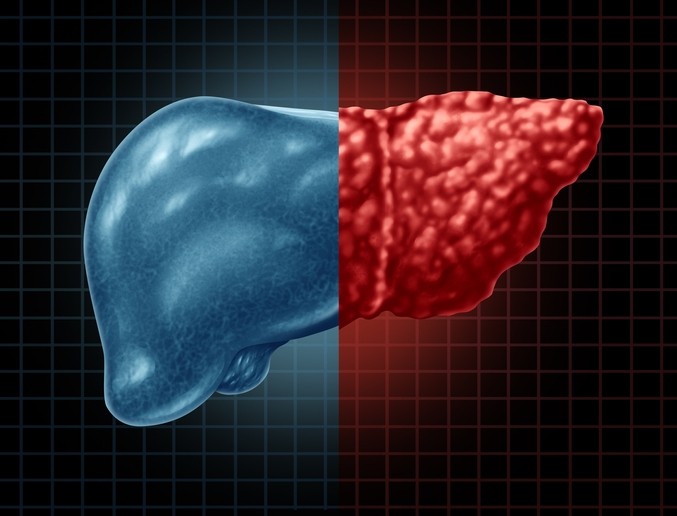Mouse study finds effects for little studied compound geniposide in NAFLD

The new study, published in the Journal of Cellular and Molecular Medicine, investigates the action of geniposide, a compound belonging to the category of lignans, which was extracted from Gardenia jasminoides, commonly known as Cape Jasmine. The researchers are associated with Jilin University in Changchun, China.
Geniposide is also found in herbaceous plants such as codonopsis (Codonopsis pilulosa) and hedyotis (Hedyotis diffusa). Lignans are little studied, according to Stefan Gafner, PhD, chief science officer of the American Botanical Council. Gafner said previous research also found geniposide in eyebright (Euphrasia officinalis).
The researchers investigated the effects of geniposide on various parameters of non alcoholic fatty liver disease. This is a condition that is affected more and more people around the globe, they noted. It can cause liver fibrosis as well as progress on to liver cancer in some cases. They used cultured mouse liver cancer cells as well as live mice, which were injected with the compound.
Complicated, multi-group design
The researchers were looking at measurements that total cholesterol, LDL and HDL cholesterol, triglycerides and superoxide dismutase (SOD). The complicated study design including divided the live mice into 7 groups that were injected with doses of 50 mg/kg of geniposide or 100 mg/kg with and without the addition of the surfactant Tyloxapol (to induce liver damage) and the drug Fenofibrate, which is used to treat abnormally high lipid levels.
The cultured cells were also divided into several groups testing different geniposide dosages. Using this multifaceted design allowed the researchers to tease out a proposed mechanism of action for geniposide’s protective effects.
“Our study firstly demonstrated that geniposide was capable to protect mice and cells from NAFLD‐induced oxidative stress and inflammation which mostly depended on up‐regulating the Nrf2 and adjusting the protein expression of AMPK/PI3K/mTOR signaling pathways. This finding revealed the essential role of Nrf2 in geniposide inhibiting lipid accumulation and oxidative stress caused by NAFLD which would provide a potential therapeutic targeting at NAFLD and other liver metabolism diseases,” the authors concluded.
“The study on the effects of geniposide in cultured liver cells and mice is well done. The authors have gone to great lengths to determine the mechanisms of action behind the results, and found that geniposide acts on one of the main metabolic pathways (called mTOR pathway) in humans,” Gafner noted.
Live mouse data seen as more preliminary
But Gafner said the live mouse results, while a welcome inclusion as it is a step up from the in vitro test results, are somewhat less definitive because of huge dosages applied by injection.
“The results from the animal data, showing a lipid-lowering effect and increase in oxidative stress response in mice, are of particular interest and warrant further investigation. However, these data should be considered very preliminary, since they were obtained by injecting doses up to 100 mg geniposide per kg into the mice (I was unable to determine where exactly the injections were made, i.e., intramuscular, intravenous, or other way). The bioavailability of geniposide in humans, in particularly when applied orally, seems to be limited, and the compound is quickly eliminated according to the available data,” Gafner added.
Gafner said lignan supplements based on flaxseed have shown some promising results in lower blood lipids. While flax and gardenia must be considered separately, Gafner said the present study could add to that promising start for this class of compounds derived from natural sources.
“While results from flaxseed lignan supplementation cannot be compared to other lignans, it goes to show that these compounds can have some tangible benefits in humans. But as the saying goes, ‘these results need to be confirmed in further studies’ ” Gafner concluded.
Source: Journal of Cellular and Molecular Medicine
15 April 2020 https://doi.org/10.1111/jcmm.15139
Geniposide alleviates non‐alcohol fatty liver disease via regulating Nrf2/AMPK/mTOR signalling pathways
Authors: Shen B, et al.
















